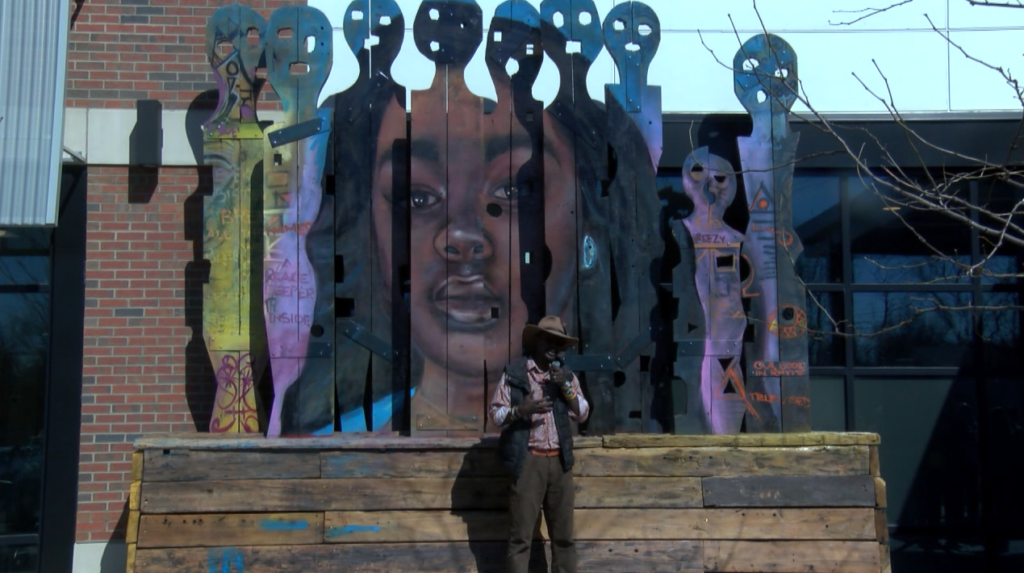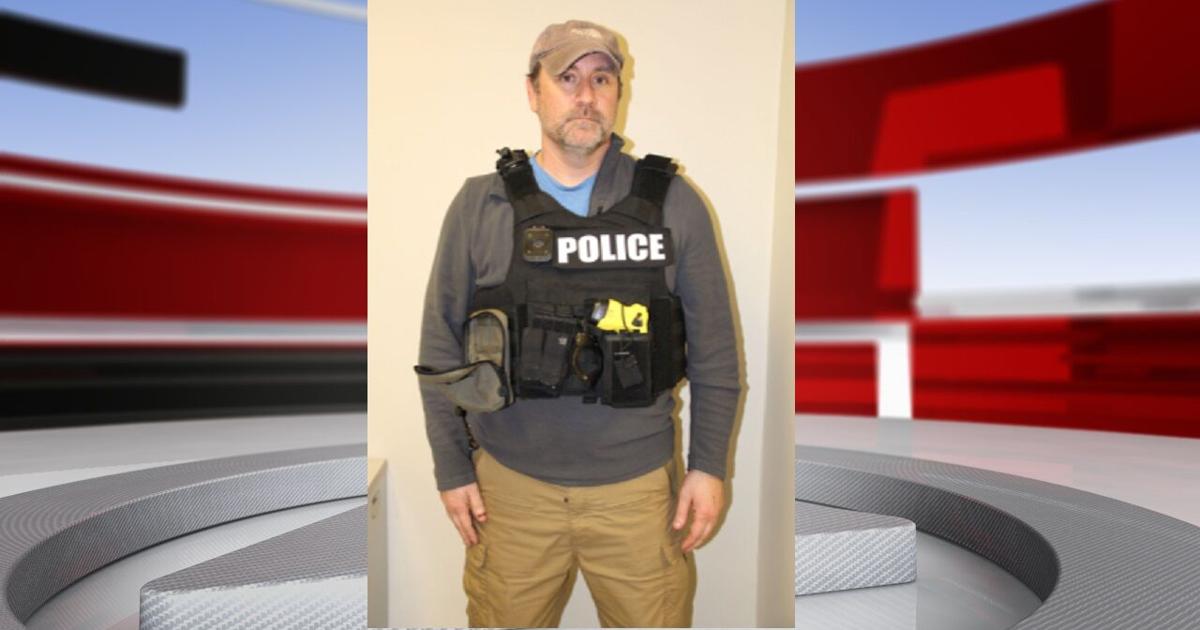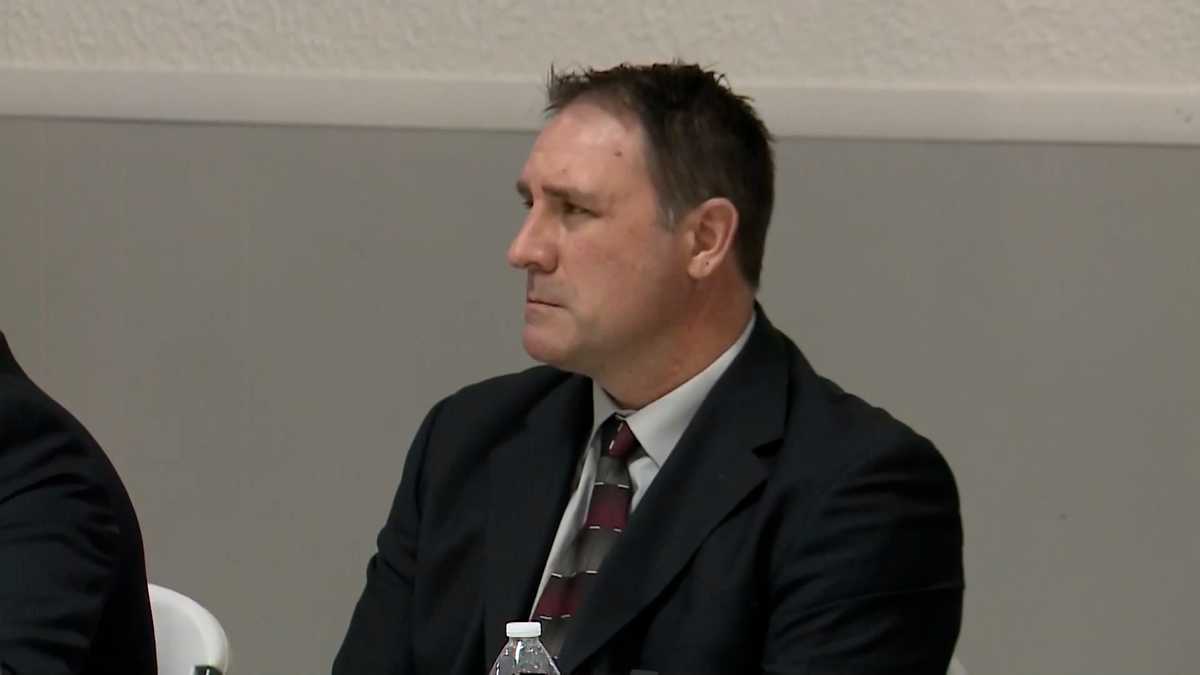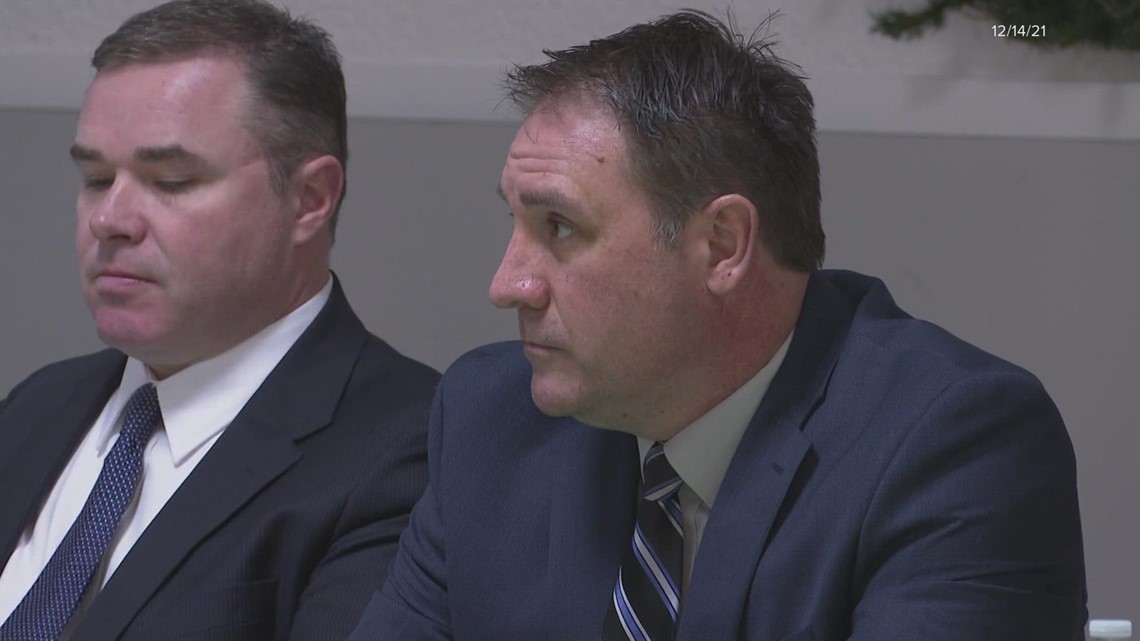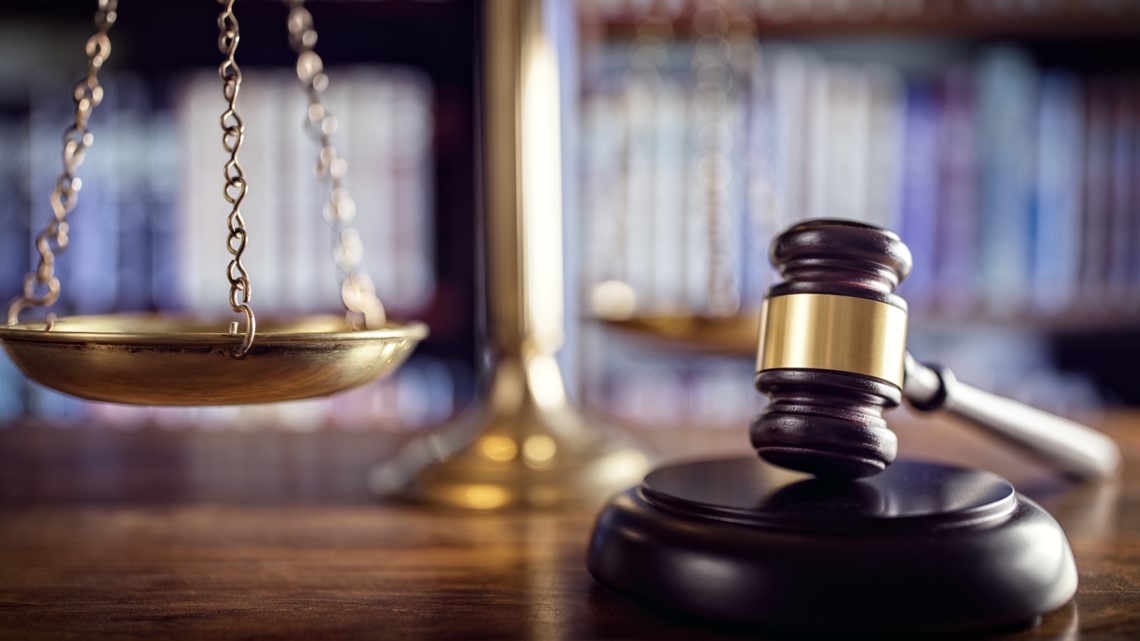Live updates: Findings of federal investigation into LMPD after Breonna Taylor’s killing revealed
The Courier Journal has learned that the U.S. Department of Justice is set to announce the findings of a sweeping investigation of Louisville Metro and the city's police department on Wednesday, the result of a nearly two-year probe following the killing of Breonna Taylor.The investigation, announced in April 2021 after nearly a year of protests over Taylor's killing at the hands of LMPD officers, aimed to assess "all types of force" used by local police, including potential violations of the First Amendment, whether the department engages in discriminatory policing and whether it worked in violation of the Fourth Amendment, which protects against unreasonable searches and seizures.READ THE REPORT:US Department of Justice release on Louisville police violations and recommended reform"The investigation will include a comprehensive review of LMPD policies, training, and supervision, as well as LMPD’s systems of accountability, including misconduct complaint intake, investigation, review, disposition, and discipline," the department's announcement on April 26, 2021, said.U.S. Attorney General Merrick Garland met with city officials in the morning before a planned press conference at 11 a.m. in downtown Louisville. Garland was set to speak alongside Assistant Attorneys General Vanita Gupta and Kristen Clarke along with Louisville Mayor Craig Greenberg and Louisville Metro Police interim Chief Jacquelyn Gwinn-Villaroel.Updates from Wednesday's press conferenceAt the press conference, Garland said the U.S. Department of Justice and city of Louisville had agreed to negotiate a consent decree to establish a reform.The 90-page report released includes 36 recommended remedial measures and a lengthy list of reported violations by the department, including discriminatory policing and use of excessive force.Violations, Assistant Attorney General Kristen Clarke said, include a pattern of practice thta did not comply with the Constitution and federal law, including excessive force such as unjustified neck restraints and use of police dogs and tasers against people who posed no imminent threat, searches through invalid warrants that were executed without officers announcing their presence. Officers routinely discriminated against Black people and violated the rights of people engaged in protected speech, she said, and "disproportionately subjecting Black residents to unlawful policing."“This conduct is unacceptable. It is heartbreaking. It erodes the community trust necessary for effective policing, and it is an affront to the vast majority of officers who put their lives on the line every day to serve with honor – and it is an affront to the people of Louisville," Garland said.Louisville Mayor Craig Greenberg, who said the report "paints a painful picture about LMPD's past," said some people will be "surprised or horrified" by the findings, while others will not be surprised "because they see this report is confirmation of complaints they've made about their own interactions with law enforcement, sometimes for years." Others, he said "will look at this report and they'll be eager to find some way to minimize it or dismiss it.""They'll say it's all politics, or that you could find examples like this in any city," Greenberg said. "No – this is not about politics or other places. This is about Louisville., This is about our city, our neighbors and how we serve them."Community meeting Wednesday nightGreenberg said Louisville plans to host a virtual community meeting at 7 p.m. Wednesday night to discuss the findings.Department of Justice releases investigation on LMPD, Louisville MetroThe full investigation is 90 pages long and outlines violations in the department along with recommended changes.Check out the full release from the U.S. Department of Justice here.What happened in the Breonna Taylor caseTaylor, a 26-year-old emergency room technician in Louisville, was shot and killed by LMPD officers serving a no-knock warrant at her apartment in the early-morning hours of March 13, 2020. Her death was a key factor behind national protests that summer over police killings of Black Americans and was at the center of months of demonstrations in Louisville, and Wednesday's announcement comes nearly three years after the fatal shooting.After Kentucky Attorney General Daniel Cameron and his team of prosecutors presented the shooting to a grand jury, just one officer who fired their weapon that night was indicted locally – Brett Hankison, on wanton endangerment charges stemming from rounds he fired that entered a neighbor's apartment. He was acquitted in March 2022.In August 2022, however, four former officers were indicted by a federal grand jury – Hankison, on excessive force charges, along with Joshua Jaynes, Kelly Ann Goodlett and Kyle Meany, who were accused of taking steps to falsify the warrant used in the raid at Taylor's apartment. Goodlett later pleaded guilty, while charges against the other former officers are still pending.Steve Conrad, who was LMPD's chief at the time of Taylor's death, was fired in June 2020 after local barbecue stand owner David McAtee was shot and killed by law enforcement officials breaking up a crowd near his business on an early night of the protests. He was fired by then-Mayor Greg Fischer after it was determined officers were not wearing operational body cameras at the time of that shooting. Fischer faced intense pressure to step down amid the 2020 protests but remained in office until his third and final term expired at the end of 2022.The city of Louisville later settled with Taylor's family for $12 million and agreed to a number of police reforms.Reach The Courier Journal's breaking news team at [email protected].


